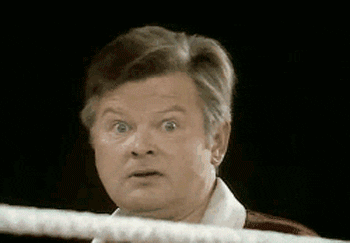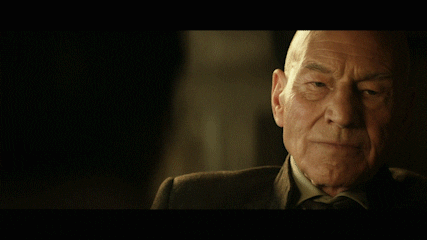It is quite possible that Tȟašúŋke Witkó, or Crazy Horse, is a revered figure in Lakota Sioux history. But do you think that Crazy Horse is revered in Arikraa or Pawnee or Crow or Shoshone history? Or maybe members of those tribes or nations think of crazy Horse as a famous historic enemy of their ancestors.
And whether you think that someone historic fought for your people or against your people you should not rever them if they committed atrocities and war crimes. And just about all the Indian warriors west of the Mississippi - with the prominent exception of the Nez Perce in 1877 - didn't have any ethical objections to committing even the worst atrocities. For a modern Sioux to revere Crazy Horse becaus ehe fought for the glory of the Lakota is like Ensign Checkov revering Vladimir "Ras" Putin because Putin forught for the greater glory of Russia.
I also point out that leaders of most tribes and bands of the Lakota Sioux acknowledied the overlordshp of the Federal governmetn of the USA in ealrier treaties. And so when members of those bands attacked other subjects of the USA they were committing treason against the USA, just as all Rebel soldiers were committing treason.
And I think the US soldiers and officers and political leaders of the mid 19th century don't get nearly enough credit for their lenience and mercy. Not only did they crush the Southern Rebellion and the rebellions of many tribes in the west, but - with the exception of General Wright in 1858 - they did it without executing people for treason or excuting people for war war crimes against US soldiers, and only executed or imprisoned Indian warriors for crimes against civilians, and only in a minority of cases.
So I think that the 19th century USA doesn't get enough credit for its unusual degree of mercy which, for example, prevented Crazy Horse from being executed for treason or murder.






